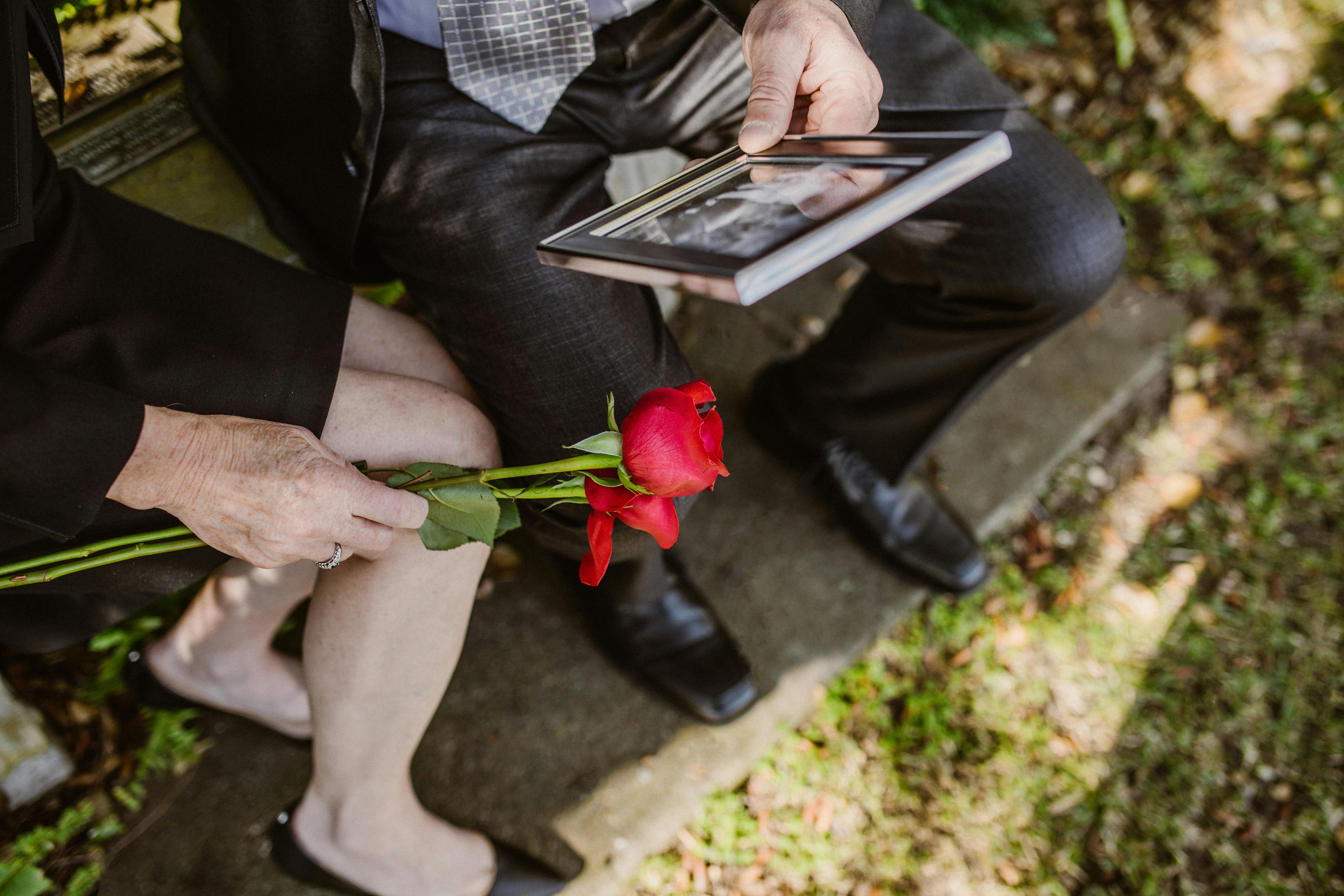College campuses are full of learning experiences both inside and outside of the classroom. Unfortunately, college campuses can also be very dangerous, especially for young students who thrive on their newfound independence, which often brings with it a “It won’t happen to me” attitude. College students are at risk. It is important to remember that the college campus itself can be a dangerous place.
First, campuses are often open to the public, which means that virtually anyone can be on campus at any time.
Second, the large concentration of people on campus makes them prime areas for predators to find victims. Lastly, college students often travel to and from study groups, classes, and the library late at night.
There are precautions that can help. However, there are many things college students can do to take the necessary precautions to help them avoid problems on or off campus.
o Know where the emergency call boxes are and know how to use them to call for help if something happens.
o Avoid traveling alone. If that’s not possible, let a roommate or friend know where you’ll be and when you’ll be home.
o Avoid using headphones. Using headphones prevents you from being fully aware of your surroundings and makes you more vulnerable to attack.
o Stay prepared. Take your identification, your cell phone and even pepper spray (and know how to use it).
Ways to party safely. In addition, for many students, the party and the university go hand in hand. By taking the right precautions, the party can be less dangerous. Before going to a party, college students should remember the following: never accept drinks from strangers, never leave drinks unattended, never travel too far and party alone, and never go out without informing at least one other person of your plans.
By taking the proper precautions and preparations, the college experience can be the safe, fun, and life-changing experience it’s meant to be.
Self Defense: Why You Need a Plan
While most assaults are rapes against women committed by acquaintances or even intimate partners, random assaults do occur and can be devastating. However, by knowing what can happen and how to avoid potentially dangerous situations, many devastating events can be diverted or avoided entirely.
Routines can be dangerous. The first thing you can do to help keep yourself safe is to take a look at your routines. Do you follow “the same path” day after day? This can be risky if someone is stalking you to harm you or gain access to your home because they can easily determine where you will be at any given time. Don’t be afraid to change things up regularly. Also, do you go for a walk or jog every day and follow the same path? Again, if your route and time frame are easy to determine, you’ll make yourself an easy target. To avoid being targeted, modify your route and travel with an exercise buddy; As they say, THERE IS safety in numbers.
Pay attention to the places you frequent. To stay safe, it’s also very important to think carefully about where you go when you’re away. One of the most dangerous places at night is the laundry mat because they are becoming more and more automated, which means they often don’t have an attendant on duty (especially at night). Public restrooms, especially those you enter from the outside (such as convenience stores and stations) can be excellent hiding places for a potential attacker. Also, wherever you are, try to avoid walking alone to your car when it’s dark. Ask a security guard to accompany you if there is no one else to walk with you.
Don’t assume your home is secure. If you come home and things look “off,” like a door ajar or a light that shouldn’t be on, stay out of the house. Instead, go to a neighbor’s house or drive and call the police.
Always be prepared for the worst. If you find yourself in situations where you need to travel alone, be prepared. Bring identification, a cell phone, and anything that can be used as a weapon or dug up for an attack. This could be a large bag that you can balance, your keys, pepper spray or a personal alarm; anything that can catch a would-be attacker off guard will give you a few extra seconds to escape and get help.
Staying aware of your surroundings and staying alert and prepared is the best way to stay safe.
Self Defense Tips
1. All women must be trained in self defense. A good self defense course teaches self esteem and self esteem along with the physical movements required to defend yourself.
2. Never walk to your car alone in the dark. Ask a friend, coworker, classmate, or security guard to come with you. If you know you will be returning to your car after dark, park as close to the building entrance as possible.
3. If you see people loitering in your neighborhood, don’t hesitate to call the police. It may not be anything, but they could be watching your neighbor or your neighbor’s house.
4. Keep a phone in your bedroom at night so you can call for help if you need it.
5. If you drive at night, try to avoid stopping at red lights. Slow down gradually hoping the light changes before you arrive. If you need to stop, leave enough space between your vehicle and the one in front of you so that you can pull away if someone approaches your car.
